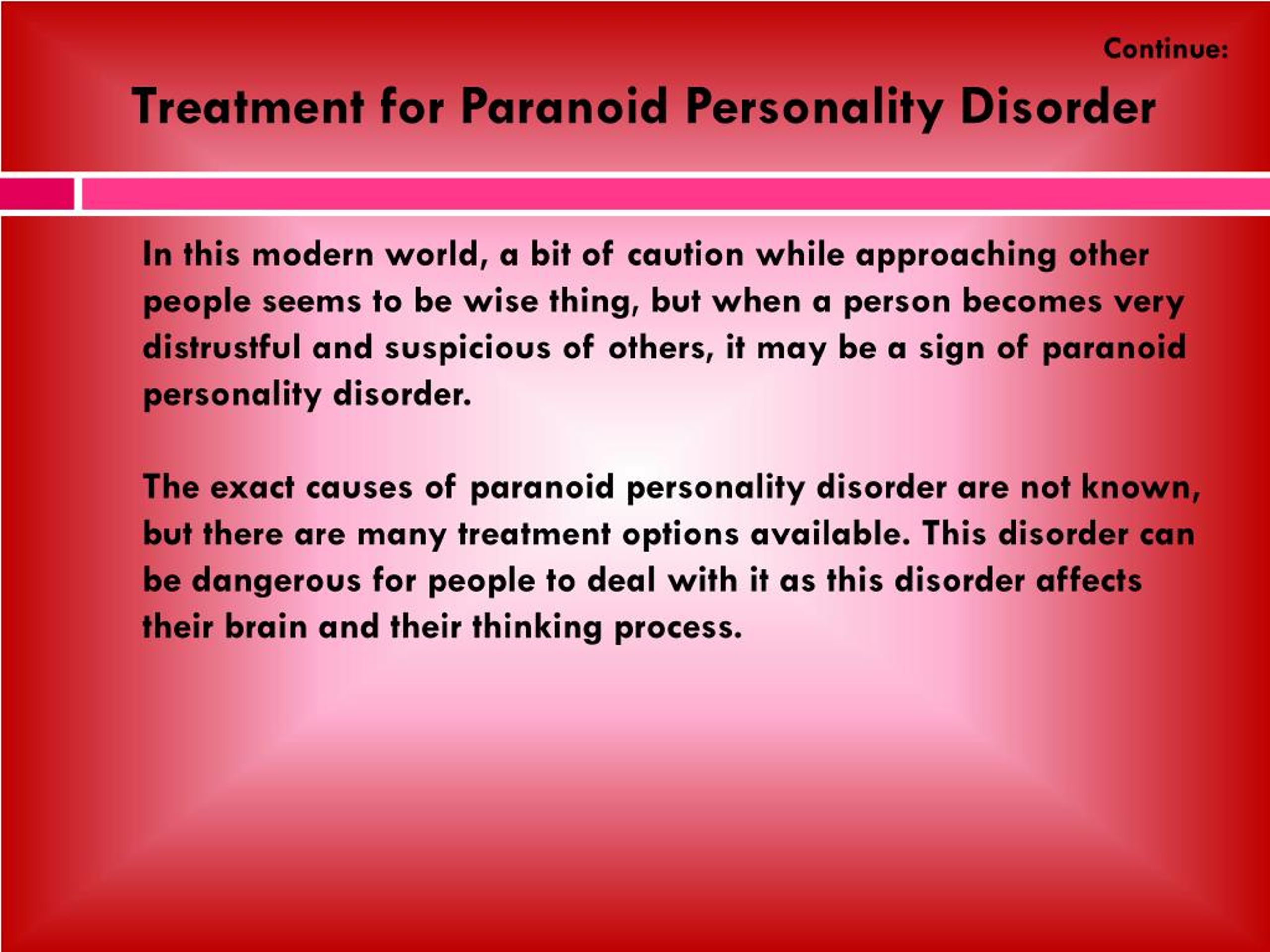
 being overwhelmed by negative feelings such as distress, anxiety, worthlessness or anger. This causes conflict and difficulty in relationships and expression of feelings – a personality disorder.Personality disorders are conditions in which an individual differs significantly from an average person, in terms of how they think, perceive, feel or relate to others.Ĭhanges in how a person feels and distorted beliefs about other people can lead to odd behaviour, which can be distressing and may upset others. As we grow up and express these unbalanced beliefs, the world around us does not respond to them in a positive way – the molded beliefs do not mesh well with the unmolded beliefs of society and those around us. With our beliefs and expressions impacted from abuse or neglect, the beliefs that are formed can stay childlike and immature, or they can shift and mold into beliefs that are not in line with mainstream expectations. If our needs are not met because our caretakers are neglectful emotionally, or if we experience abuse, the development of our beliefs and emotional expression can be impacted. When we are young we learn to develop appropriate behavior, beliefs and emotional expression. The prevailing theory is that certain people are more sensitive to certain situations. This is where genetic sensitivity comes in. It is not known why some people go through an experience as a child and develop a personality disorder, while other children go through the same experiences and do not develop a disorder.
being overwhelmed by negative feelings such as distress, anxiety, worthlessness or anger. This causes conflict and difficulty in relationships and expression of feelings – a personality disorder.Personality disorders are conditions in which an individual differs significantly from an average person, in terms of how they think, perceive, feel or relate to others.Ĭhanges in how a person feels and distorted beliefs about other people can lead to odd behaviour, which can be distressing and may upset others. As we grow up and express these unbalanced beliefs, the world around us does not respond to them in a positive way – the molded beliefs do not mesh well with the unmolded beliefs of society and those around us. With our beliefs and expressions impacted from abuse or neglect, the beliefs that are formed can stay childlike and immature, or they can shift and mold into beliefs that are not in line with mainstream expectations. If our needs are not met because our caretakers are neglectful emotionally, or if we experience abuse, the development of our beliefs and emotional expression can be impacted. When we are young we learn to develop appropriate behavior, beliefs and emotional expression. The prevailing theory is that certain people are more sensitive to certain situations. This is where genetic sensitivity comes in. It is not known why some people go through an experience as a child and develop a personality disorder, while other children go through the same experiences and do not develop a disorder. 
However, there are two major factors that increase the chances of developing a personality disorder genetic sensitivity and abusive or neglectful childhood experiences.

The exact cause of personality disorders is unknown. Trying to be successful and trying to make the world work for them is a lot of work and it is often confusing to those suffering from a personality disorder as to why they work so hard with other people, only to have everything fall apart. Having a personality disorder is a very frustrating experience. Having difficulties in only a few relationships in life does not qualify one as having a personality disorder. It is important to note that these different beliefs and behaviors are not once in a while and are an enduring overall pattern to the relationships in their lives. Work relationships or school relationships can also be impacted. These relationships don’t have to be personal relationships although often they are. The primary feature of a personality disorder is that these different beliefs cause them a great deal of difficulty getting along in relationships.
Responses to the behavior or the emotions of others. Expression of emotions or the lack of expression of emotions. The differing beliefs show themselves in a number of situations including: These beliefs differ far enough that their behavior appears socially inappropriate in a number of ways. Often they have different beliefs about the world and about how people should act. Personality disorders cause people to appear different than “normal” cultural behavior. Has recurrent suspicions, without justification, regarding fidelity of spouse or sexual partnerī.ĝoes not occur exclusively during the course of schizophrenia, a bipolar disorder or depressive disorder with psychotic features, or another psychotic disorder and is not attributable to the psychological effects of another medical condition. Perceives attacks on his or her character or reputation that are not apparent to others and quick to react angrily or to counterattack. Persistently bears grudges (i.e., is unforgiving of insults, injuries, or slights). Reads hidden demeaning or threatening meaning into benign remarks or events. Is reluctant to confide in others because of unwarranted fear that the information being used maliciously against him or her. Is preoccupied with unjustified doubts about the loyalty or trustworthiness of friends or associates. Suspects without sufficient basis, that others are exploiting, harming, or deceiving him or her. A.Ě pervasive distrust and suspiciousness of others such that their motives are interpreted as malevolent, beginning by early adulthood and present in a variety of contexts, as indicated by four (or more) of the following:







 0 kommentar(er)
0 kommentar(er)
